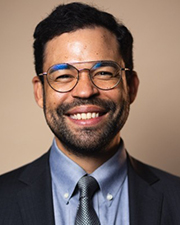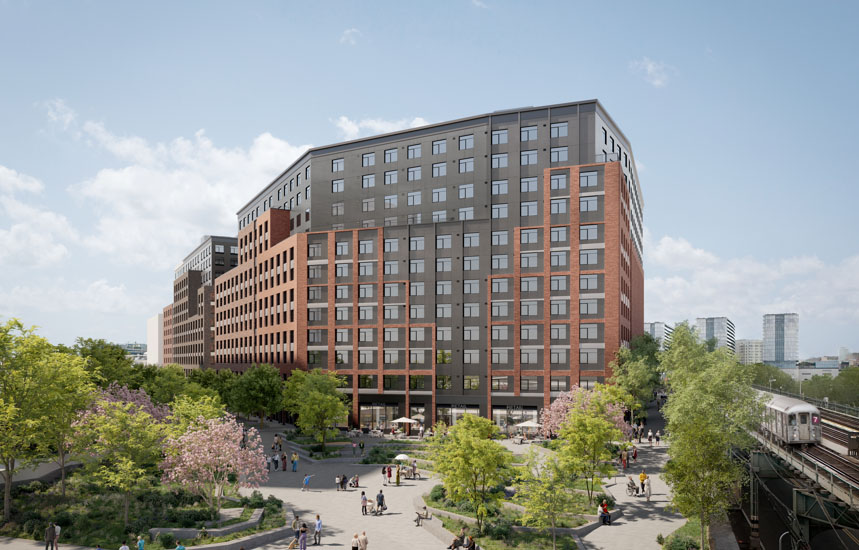Certificates of Occupancy processes migrating to DOB NOW: Build - by Carlos Duque

Starting at the end of February 2021, the entire occupancy process from BIS Jobs, including everything involving Certificates of Occupancy, will need to be processed in DOB NOW: Build.
Earlier this month, the DOB announced new training sessions for the upcoming expansion of DOB NOW: Build, which included details of this expansion, including the migration of all Certificate of Occupancy processes from Building Information Search (BIS).
Along with all Certificate of Occupancy requests now being submitted through DOB NOW: Build, the job-level Schedule A form in BIS will be renamed to the Schedule of Occupancy, with job-level and BIN-level versions. The BIN-level Schedule of Occupancy (BSO) will be needed in DOB NOW: Build in order to get a Certificate of Occupancy, whether it’s a renewal of an existing CO or a brand new one.
BIS jobs, as it currently stands, registers Certificates of Occupancy by job/project, which means a single property can have multiple COs at any given point. The DOB NOW: Build version of this will streamline the process to be more transparent so that a single property or building can only have one active Certificate of Occupancy at a time, based on the Building Identification Number (BIN).
However, that CO will be more flexible throughout development as different floors or sections of the building are cleared for use. Each Job-level Schedule of Occupancy (JSO) that gets approved will update the overall BSO and, once the request is approved, the Certificate of Occupancy, is automatically in the system.
In addition, there will be a couple more types of COs added into the mix. Instead of the rigid temporary/final structure, there will be even more delineation at different stages:
- Core & Shell: Issued for the base building with zero occupancy. Has a time limit and requires renewal. Issued for qualifying projects, and requires borough commissioner approval.
- Temporary: For a limited space on one or multiple floors. Has a time limit and requires renewal.
- Interim: For an entire floor. Does not require renewal.
- Partial: For part (one floor or several) of qualifying pre-1938 buildings.
- Final: For an entire, finished building.
This new flexibility should help building owners open their space to occupants more rapidly, which should hopefully provide a boost in the real estate market at this time.
The updates will especially affect those with the renewable Temporary Certificates of Occupancy, since these updates, along with the recent creation of the Interim Certificate of Occupancy, seem to be moving towards weaning building owners off of continuous TCO renewals every 90 days.
In order to transition any BIS jobs over to the DOB NOW platform:
- Applicant must re-enter previously-approved Schedule A for the individual project/job into DOB NOW. *This is a one-time step required for every BIS New Building/Alteration Type 1 Job.
- DOB Plan examiners will create or update a Schedule of Occupancy under the Building Identification Number (BIN).
- Applicant will request whichever Certificate of Occupancy they need.
- DOB will approve the job-level Schedule of Occupancy, which will update the BIN-level Schedule of Occupancy.
In addition, the new fee structure for requests and renewals will vary based on the type of occupancy requested, and must be paid before submitting the request. In order to submit a Certificate of Occupancy request, the following applies:
- Initial request = $100
- Renew with changes = $200
- Renew without changes = $100
- Request for Final = No Occupancy related fee
While the end goal is to make the system more efficient for all, any new process has a steep learning curve, especially for those used to renewing in BIS every 90 days. Building owners should make sure they have building professionals on their team trained and well-versed with the new changes so they don’t run into construction delays during this transition period.
Feel free to reach out to Outsource Consultants for assistance on upcoming filing changes and any other matters of code compliance.
Carlos Duque is a vice president at Outsource Consultants, New York, N.Y.
NYC’s Mayor’s Office of Climate & Environmental Justice mobilizes climate action


The CRE content gap: Why owners and brokers need better digital narratives in 2026 - by Kimberly Zar Bloorian







.gif)


.jpg)
.gif)